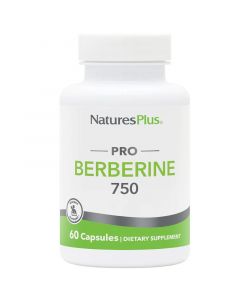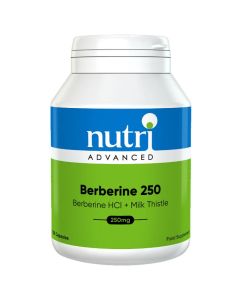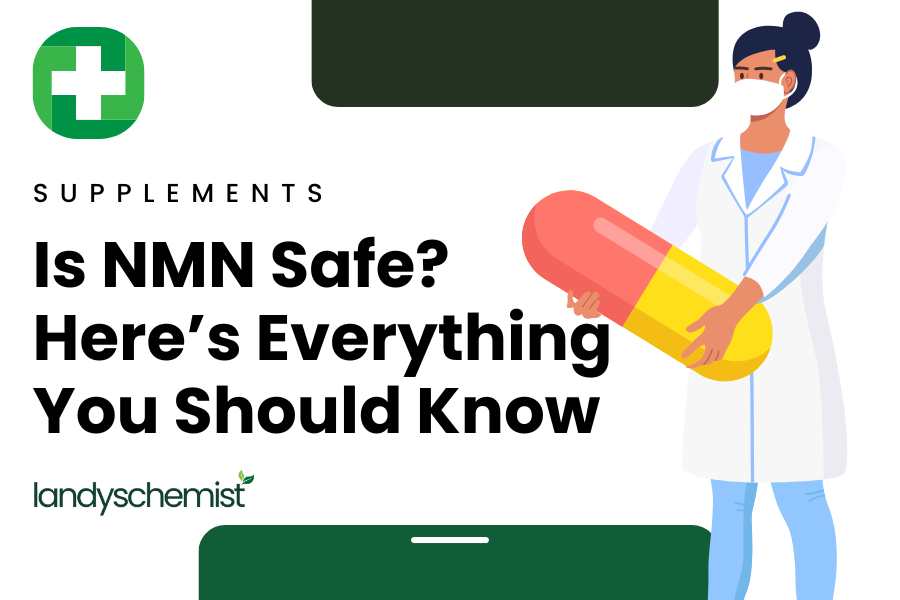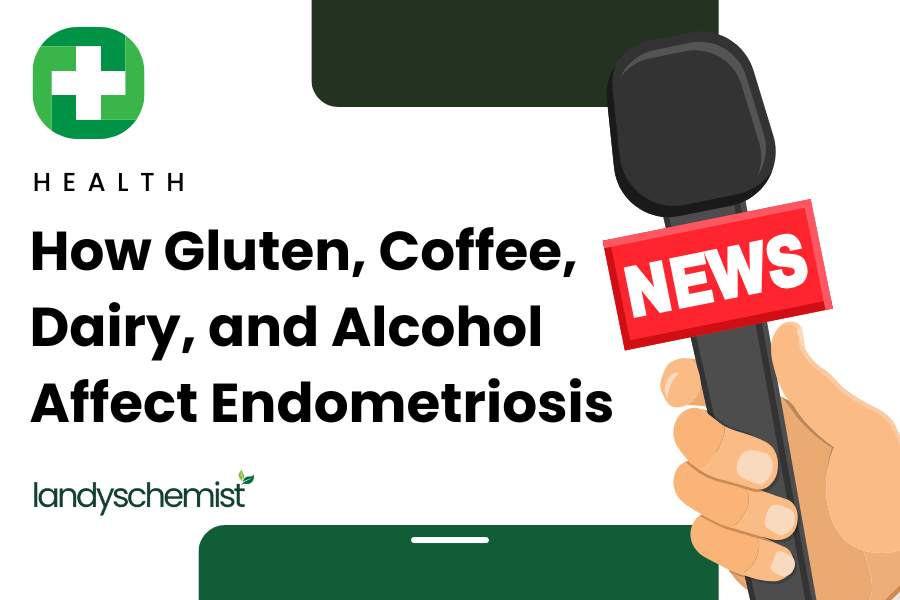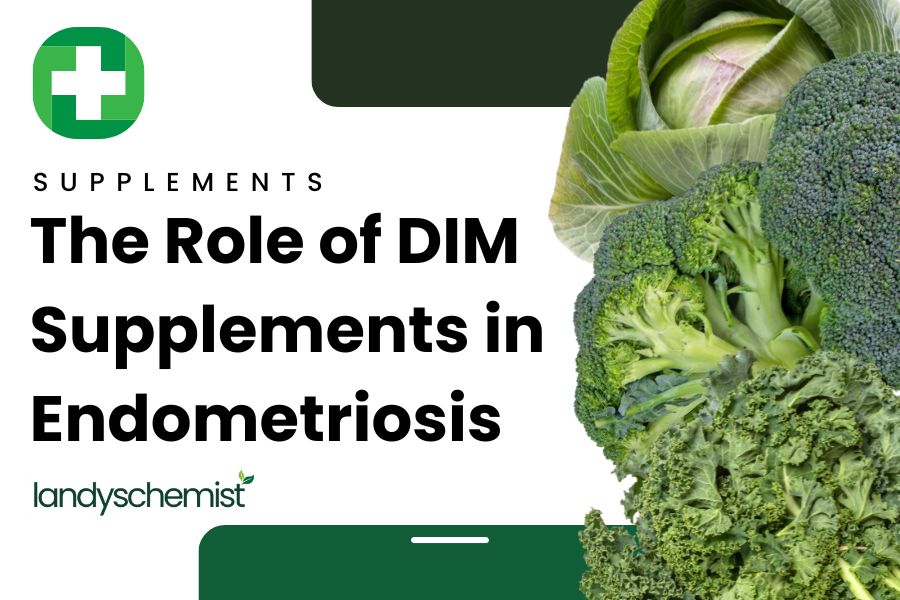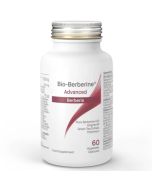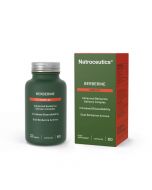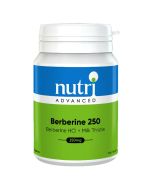
How Does Berberine Help With Weight Loss?
What Is Berberine?
Berberine supplements have become an popular dietary supplement for those in search for natural weight loss solutions. It is a compound found in various plants and herbs such as goldenseal and Oregon grape.
Traditionally berberine has been used to contribute to healthy blood sugar management, making it a beneficial supplement for those with metabolic conditions like diabetes. In this blog we will delve into the recent studies and rising interest towards berberine as a 'Natural GLP-1 Activator', often being compared to medications like Ozempic.
Read more: The Complete Guide To Berberine: Benefits, Uses, Side Effects, Dosage, Complications
Does berberine really help with weight loss?
Berberine may support several processes in the body that collectively help with supporting weight loss:
1. Metabolic Boost:
Berberine has been shown to activate an enzyme called AMP-activated protein kinase (AMPK), often referred to as the "metabolic master switch." This activation of AMPK may help to enhance metabolism, encouraging the body to burn more calories and fat for energy.
2. Insulin Sensitivity:
Berberine may improve insulin sensitivity, aiding in the regulation of blood sugar levels, making it helpful for those with conditions like diabetes and polycystic ovary syndrome (PCOS). By improving insulin function, berberine can potentially reduce cravings, control appetite, and prevent excessive storage of calories as fat.
3. Reduced Fat Storage:
Studies suggest that berberine has the potential to inhibit the formation and growth of fat cells (adipocytes). This anti-adipogenic effect could contribute to a reduction in fat accumulation and visceral fat, particularly in abdominal areas.
4. Appetite Regulation:
Berberine may impact leptin, a hormone linked to our hunger and appetite. When you are leptin resistant, your body beings to feel hungry more often even though your body may have enough fat stores. Studies indicate that berberine can help to regulate our hunger-related hormones for a healthy, balanced metabolism and decreased likelihood of overeating.
5. Improved Gut Health:
Poor gut health has been linked to weight gain, as imbalances in the gut microbiome may contribute to inflammation, metabolic dysfunction, and inefficient nutrient absorption. Berberine possesses antimicrobial properties that may support a healthy balance of gut bacteria which can help with improved digestion, nutrient absorption, and overall metabolic health.
How much Berberine should i take for weight loss?
If you are considering taking berberine supplements to support weight loss, it is important to incorporate berberine alongside lifestyle changes for a holistic approach to achieving and maintaining a healthy weight. Take 500mg-1500mg of berberine per day to support weight loss.
Best Berberine Supplements for Weight Loss
Enzymedica Berberine Capsules
Enzymedica Berberine provides 500mg of berberine per capsules, allowing for flexible dosage. You can take up to 3 of these capsules daily to obtain 1500mg of berberine.
Suitable for vegan and vegetarian diets.
Natures Plus PRO Berberine 750 Capsules
For those looking for a higher dosage but want to take less capsules, this supplement provides 750mg Berberine per capsule, take no more than 2 of these per day.
Suitable for vegan and vegetarian diets.
Nutri Advanced Berberine 250
Nutri advanced provide 250mg berberine with 50mg milk thistle per capsule for those who want to start with a smaller dosage of berberine. The combination with milk thistle enhances this supplements bioavailability for better absorption into the body and also aids detoxification.
Suitable for vegan and vegetarian diets.
References:
https://pubmed.ncbi.nlm.nih.gov/36467075/
https://pubmed.ncbi.nlm.nih.gov/10409121/
https://www.ncbi.nlm.nih.gov/pmc/articles/PMC6434235/
https://www.ncbi.nlm.nih.gov/pmc/articles/PMC3310165/
https://pubmed.ncbi.nlm.nih.gov/22474499/
https://www.ncbi.nlm.nih.gov/pmc/articles/PMC7333005/
https://www.ncbi.nlm.nih.gov/pmc/articles/PMC9328669/
By Rhysa Phommachanh BA (Hons) Bachelor of Arts + Head of Digital

